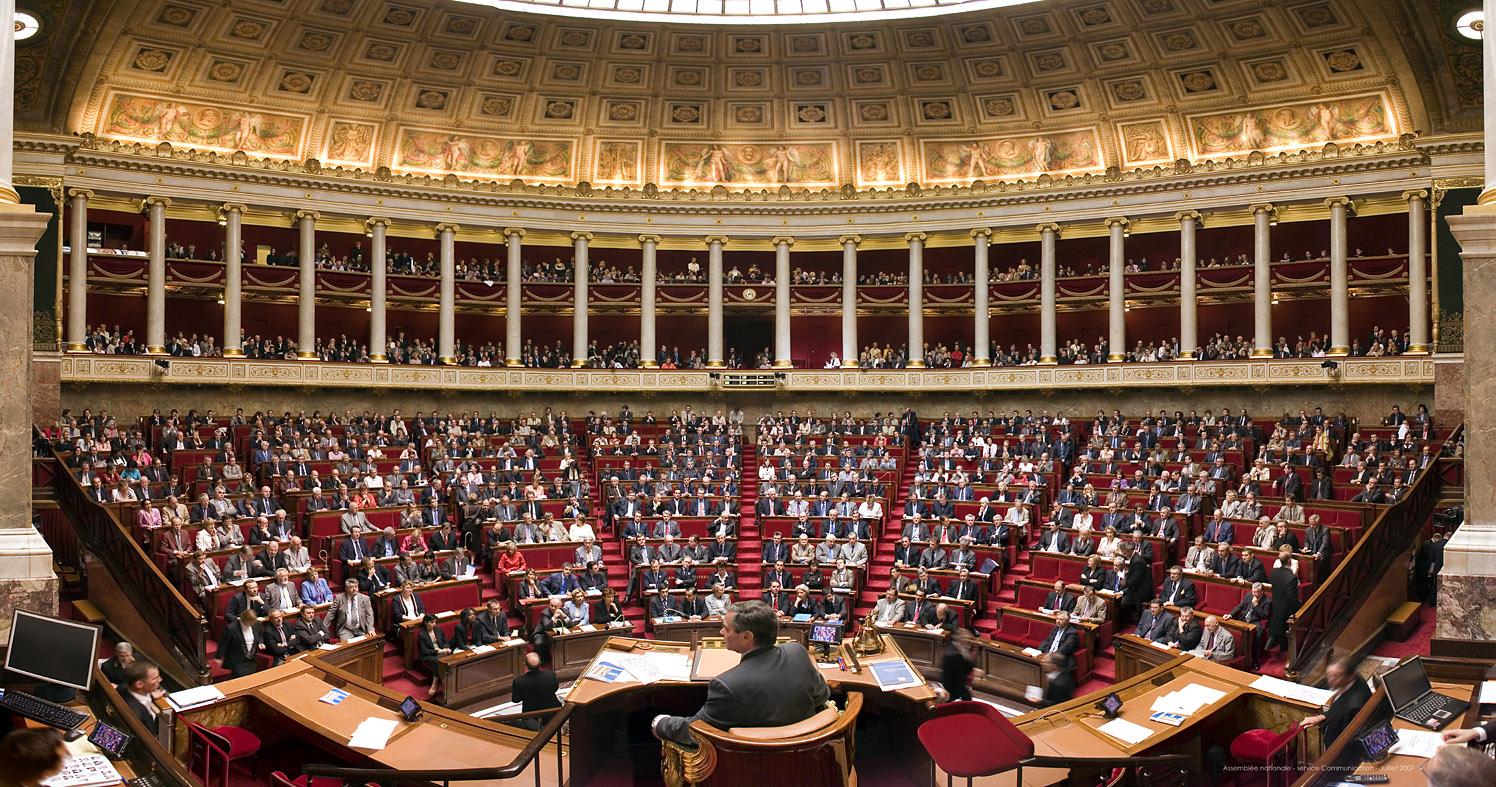In charge of assessing the law of 22nd April on end of life and of making proposals, the mission entrusted to Jean Leonetti, UMP deputy, and three of his colleagues (the socialist Gaëtan Gorce, the communist Michel Vaxès and the centrist Olivier Jardé) delivered its report to the Prime Minister on 2nd December 2008. After six months of hearings of 60 specialists on ethical issues and end of life care practitioners, the deputies refuse any legalisation of the “active assistance to die” or of the “euthanasia exception” and defend a better application of the law on the end of life.
An unknown and misapplied law
First of all, the rapporteurs regret that the law of 22th April 2005 related to patient rights is unknown and misapplied. According to a survey carried out on health care professionals for the account of the Ethical space of AP-HP Paris Hospitals (Espace Ethique de l’AP-HP de Paris), only 22% of health care professionals know that there is a prohibition of unreasonable obstinacy, 12% that the willing of patients must be respected and 4% talk about alleviating the pain by applying a treatment which may have a double effect. Now, in Ile de France, only 3 out of the 150 cancerologists are trained on palliative care. The law of 22nd April 2005 is not subject to any information campaign for health professionals from the Ministry for Health ; this lack of information would even betray, according to Professor Emmanuel Hirsch, director of the Espace Ethique of the AP-HP, the existence of “fatal strategies” carried out in order to temporise before creating, tomorrow, “the conditions of a depenalization in a future law“.
Improving training
The mission proposes in this purpose the creation of university chairs of palliative care which would allow encouraging the research on this sector and to spread the palliative culture in the hospital. “The palliative consciousness has to be developed. The accompanying medicine is not a last resort or a complement ; it is not because we won’t heal people that we cannot care them.“
Unreasonable obstinacy and neonatology
The law of 2005 makes neonatologists aware that it was mandatory, in certain cases, to resort to palliative care. The prohibition to carry on therapies with unreasonable obstinacy seems to have modified the attitude of some mothers faced with a so called medical termination proposal of pregnancy (MTP). The legal frame of the right care and the accompaniment of the dying, if it is a new-born baby, reassure some parents on the treatment of their children at the delivery and turn them away from MTP. According to Doctor Netremieux, head of the paediatric and neonatal resuscitation department at the CHR of Rennes, it is a recent phenomenon which “tends to spread very quickly” and it was not envisaged at the moment of the discussion of the law.
Abroad
The mission went to Holland and Belgium where euthanasia is depenalised, in Switzerland where the assisted suicide is authorised, as well as in England which has a law related to palliative care. First, the rapporteur observes that the “criteria accepted to obtain a right to death are vague” and that “when we open a right, it is difficult not to open it for all“. In Holland, the number of illegal euthanasia remains high, and at the same time, where palliative care has been developed, “euthanasia goes down, because this treatment hardly reduces the demand of death“. In Switzerland, one third of people who asks for suicide assistance does not present serious or incurable diseases ; in Belgium, psychiatric patients are euthanized and it is even possible to sample an organ after euthanasia of the donor.
Terminal sedation
The mission also deals with the complex question of terminal sedation which is not always well considered by the physicians and should be covered by the doctrine of double effect, the prime purpose being to alleviate the pain when the secondary effect unwanted but accepted as a risk which could be to accelerate the death. The use conditions of terminal sedation should be specified in the Code of medical deontology. We can wonder when the report enounces that “a treatment for sedative purpose can be justified when the feeding-hydration presents a disproportioned, non-useful character“, in vegetative state patients ; in this case, indeed, sedation is not anymore conform to double effect but becomes a mean to mask the fact that the death was given by feeding lack.
End of life accompaniment leave
The report proposes also the creation of an end of life accompaniment leave paid during fifteen days to reweave the links of family solidarity.
Observation of end of life medical practices
The report proposes the creation of this organisation with information and assessment mission which would allow to reveal illegal practices of euthanasia and unjustified obstinacy and to adapt accompaniment strategies.
Reminding the fight carried out by the Association for the right to die with dignity (ADMD), Jean Leonetti takes up the terms from François Goldwasser (head of cancerology department at Cochin Hospital), “its members advocate an ex-progress which became corny. It is true that there was a time when it was better to do that rather than agonizing with torture. But today, with the techniques implemented, medicalizing death results in alleviating it. This has to be learnt and often euthanasia is asked or given by incompetence or by fear”.

